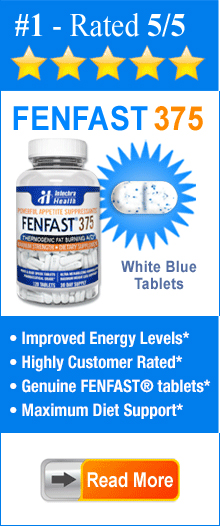Have you heard? Stevia’s the word. Well, at least in the world of artificial sweeteners. Stevia is a sugar-substitute that may be one of the first healthy artificial sweeteners now available from your local health food store. If sweetening your beverages and food is adding empty calories to your diet then consider switching to Stevia, that contains almost no calories and is 200-300 times sweeter than table sugar.

Stevia is a new sugar-substitute in North America that contains almost no calories, is healthier than other artificial sweeteners and is much sweeter than table sugar.
There are quite a few sugar substitutes on the market today, but each one has consumers guessing if there are any health risks involved in using them on a daily basis (read a good post about Aspartame here: “Health Effects Caused by Aspartame”). Some artificial sweeteners have a very natural taste and some carry a strong aftertaste, but all have fans that use them religiously. Stevia is new to the US market, but is not new to the rest of the world as a sugar substitute or sweetener. If you find out a few more facts about this natural substance, you may want to make it your sugar-substitute of choice when trying to avoid empty calories and spikes in blood sugar levels.
There are two things about Stevia that make it ideal to some people. One is that it is natural, as it comes from a plant, and the second is that it has been used in other areas of the world for a very long time and is considered safe in those areas. Stevia is now being produced in the US, with the FDA finally caving in and allowing it to be consumed by Americans. It has been used in Japan for centuries, and many countries in South America, just to name a few. It is also available in Canada as a sweetener.
The Stevia plant, called Stevia rebaudiana, comes from a plant that grows in South America, but is also found in Central America. It can also be found in the US in the states bordering Mexico. The leaves of the Stevia plant offer a sweetness that is 10-15 times sweeter than sugar. The refined extracts of Stevia called steviosides, are said to be 200-300 times sweeter than table sugar and only a small amount can sweeten a beverage or food. Stevia has only a mild aftertaste that is similar to licorice. In the US, Stevia is now marketed by Coke and Cargill as Truvia, and by PepsiCo as PureVia. They are used in soda and other drink products and are becoming available for general use in packets as well.
Stevia has very little to no impact on the body’s blood sugar. This makes it ideal for those on a weight loss diet and for those with diabetes. Stevia brands can be used in cooking, but it will not caramelize as sugar will, making some desserts harder to reproduce. However, new Stevia recipes are popping up all of the time. At this time, it is considered safe to cook with in any type of food.
Is Stevia a safe artificial sweetener? Other artificial sweeteners, such as Aspartame, have proven negative health side-effects. Although a number of health studies have been conducted with Stevia, it seems that much more information is needed to make a decision about whether or not this sugar-substitute may cause health problems. Of particular concern is how our bodies breakdown Stevia into steviol, which may act as a carcinogen. Again, more research is needed, but as it stands it is believed that Stevia is relatively safe when taken in small doses.
Unlike table (refined) sugar and the artificial sweeteners on the market today, there is some small nutritional benefit to including Stevia in the diet. There are over or near 100 different types of phytonutrients found in the Stevia plant. In small doses, these are not enough to have much benefit, but it does add to the credibility of Stevia being safer and more natural than any other type of sugar substitute on the market today. If you wish to try Stevia, look on the shelves of your local grocery store. If it has yet to make it to your favorite shopping spot, you can usually find it in a natural food store or online.





Stevia is NOT an artificial sweetener, it is, just like you said, extracted from the leaves of the stevia plant, unlike aspartame and all the artificial sweeteners that are created in laboratories! A plant extract is not categorized as an artifical sweetener! All the molecules found in refined stevia extracts are also found in the leaf. You do write that it is natural, but your title clearly indicates the contrary, which is a shame. Just thought that it needed to be clarified.
Great article. I do like stevia, I try not to over consume it not to gain even a sweeter tooth but yes I honestly think that it is a lot less harmful than other sweeteners in the market. South American natives have been using them for hundreds of years and of course it is about the money and these big companies losing out on massive profits if it was to become a very popular sweetener.